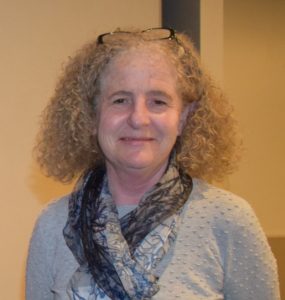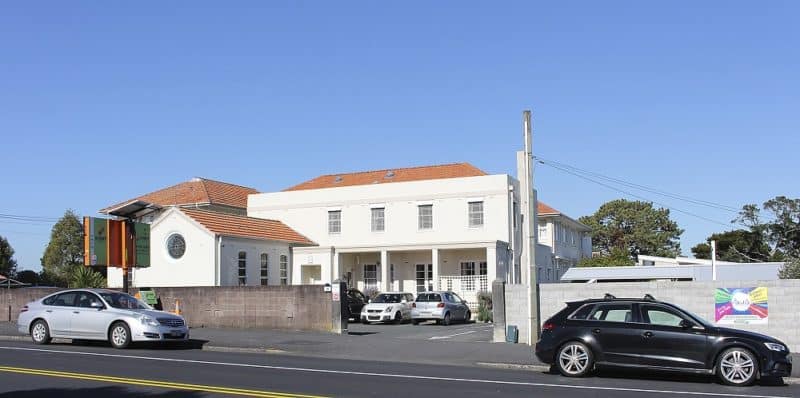A young woman walked into the De Paul House seeking help. She had been living in an emergency housing motel for the past two years and is looking for a way to transition into a more stable housing situation.

De Paul House general Manager Jan Rutledge QSM
But De Paul House general manager Jan Rutledge, QSM, said navigating the complex system of social housing is hard without an advocate.
“You’ve got three government departments, all of them trying to do the best they can, but it doesn’t feel joined up. You have to have an effective advocate . . . [to] keep raising the family’s case to the government partner,” she said.
And with a new government coming in, Ms Rutledge said that she expects there will disruptions in the social housing sector. But she hopes there will be opportunities, too.
“There is always opportunity in change, but it’s too early to see. We’ve worked with changes in government in over 40 years, so there’s always a way through,” she said.
The National Party earlier unveiled its 100-day action plan which includes an independent review of Kainga Ora, repeal of Labour’s Resource Management Act laws, as well as devolving responsibility for building social housing to the Community Housing Providers (CHPs).
Ms Rutledge said that these are big changes, and urged the new government to “take it’s time and perhaps, work with the community before they deliver wholesale changes”.
Ms Rutledge said that, with Kainga Ora, “it would be a shame to throw the baby out with the bath water”.
“They have done a significant job,” she said.
She expressed concern for the case managers at the Kainga Ora sites who may be affected by the review of the agency. The National Party had been critical in the past of the agency’s number of employees.
“They [Kainga Ora] need tenancy managers who are visible and present,” she said as the tenancy managers help tenants feel safe and secure.
The incoming government also announced that it would give Community Housing Providers (CHPs) access to both government capital and operational funding for new housing places.
Ms Rutledge said that, as there have been no details yet on how this is going to be implemented, she cannot comment on it.
However, she said, “in order for CHPs to succeed, the funding model needs to be changed significantly”.
Ms Rutledge observed that new housing builds have been happening in the past few years, but there is still a housing shortage.
She said that more houses need to be built, and that the houses need to fit the community that they are being built for.
Ms Rutledge said that from January to October 25 this year, De Paul House has already received 490 inquiries.
“What we’re finding, at the moment, with our transitional housing, is we’re getting referrals from Work and Income. but also self-referrals from people that have been in motels [used as] emergency housing. They have been there for an extended period of time,” she said.
“We are certainly not seeing any shortage of referrals,” she said, adding that “the complexity of what we’re seeing has increased.”
Poverty has always been the root of the problem, but “underlying that now is family harm”, she said. When people are under stress due to living in a motel room or overcrowded accommodation, “family harm rises and children suffer”.
“The government partners involved meet with us regularly so we can make the numbers feel like people, and I think that’s the key to making things change. Don’t forget the people who are stuck in this horrible situation,” she said, like the young woman seeking their help,

Reader Interactions